Suffolk International Students from Senegal Voice Perspective on U.S. Election
November 7, 2012
Election season in the United States brings about similar feelings of anticipation, decisiveness, and political intellectuality for most Americans. Every four years, the country’s eagerness to act is palpable as the first Tuesday in November draws closer. As college students, we have heard and seen it all before and as many of us prepare to vote for the first time, election season becomes all too real.
With a campus as diverse as Suffolk University’s, one can expect to find a wide range of opinions and emotions surrounding the presidential election, even from students from around the Boston area. However, what about Suffolk’s international voices? Many international students have only been in America for a few years and have never seen a U.S. Presidential Election underway before. How would they respond to all of the press and atmosphere? Two students who previously attended Suffolk University in Dakar, Senegal, are now speaking up.
Ramatoulaye Diop, 26, of Dakar, believes that chariactures he has seen depicting the President as a primate are uncalled for. “But, here people see it as a joke – back home, hell no, you just don’t do that,” he said.
Diop is a graduate student here at Suffolk, studying public administration and political science and has been in America since 2008. She arrived in time to see the presidential election of 2008 and admits to it being laughably confusing at first.
“The 2008 election confused me,” laughed Diop. “I didn’t understand primary elections and to have the first black president kind of shocked me.”
This time around, however, Diop seemed undecided when it came to choosing the next president. And, even though she cannot vote in this country, she even had trouble naming a hypothetical choice.
“First I liked Obama in 2008, but since then – I don’t know who to pick. They have no difference; they are both politicians to me.”
She was clear on her opinion on one thing; the issues for international students. After graduation from an American college or university, Diop disclosed that these international students have one year to decide whether to apply for citizenship and work in the U.S., or return home. She wished to make clear that her vote for president would have surrounded this issue.
“It’s hard for international students to make a choice whether to go back home or stay here and be illegal,” said Diop. “It is time for the new U.S. president to think about the international students – maybe the government could give you a higher immigrant status if you received a master’s degree; one year just isn’t enough.”
Diop also described how the election process works in Senegal. There are multiple parties which each appoint a single leader. The public is then given the opportunity to vote for their favorite after a long process of rallies and televised speeches have taken place. The highest tallying candidates will then go on another national tour, except this time, their losing opponents can choose a side and travel with the party of their choosing, giving further support to the remaining parties. Elections there are held every five years, of which Dakar native and Suffolk senior Malick Diouf has yet to vote in. However, here in the U.S. he is feeling even more overwhelmed by our elections.
“Publically overwhelming – everywhere you hear ‘I approve of this message,’” said Diouf, 23, of Dakar. “The two U.S. parties have strong roots; money will be there but how are they going to use it – there’s no regulations of how you can use it here? Would they give it [campaign money] to Sandy relief? I don’t know, money is not really talked about with Senegal presidential races.”
When it comes to this upcoming U.S. election, however, Diouf seemed more confident in his opinions.
“I don’t know what Romney is all about—no specifics. But Obama’s problem is that he got this country when it was in a bad state – he can’t get everything done in four years. Americans just need to trust in what he can do. You gave Bush eight years, why not Obama?”
International students at Suffolk have shown interest and perspective throughout the whole election. They find themselves at odds with our system because of how different it is from their own. Regardless of political opinion or involvement in campaigns, international students are important not only to the atmosphere on campus, but to the resounding environment throughout the United States. International students in the U.S. have opinions on the election and who is in charge of the country they live in and they should be expressed no matter how futile they are thought to be facing the tangible results of U.S. elections.


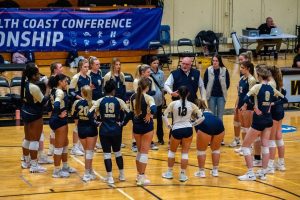


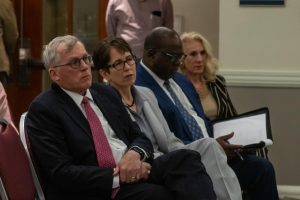
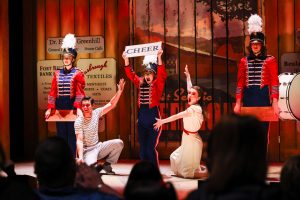

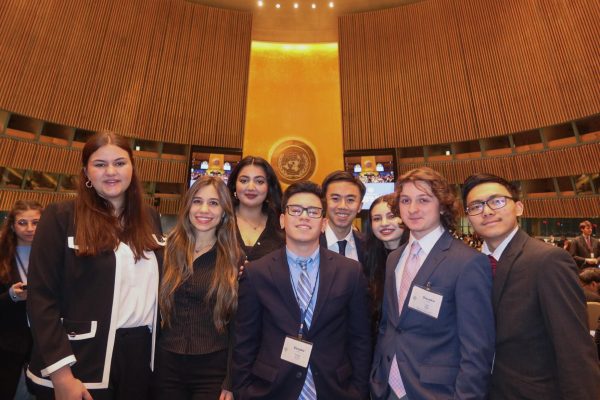
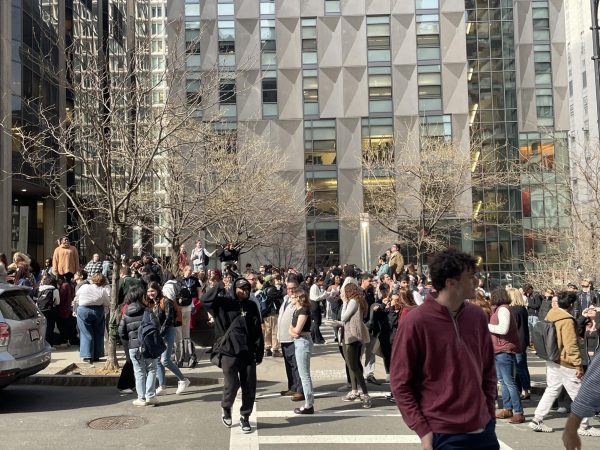
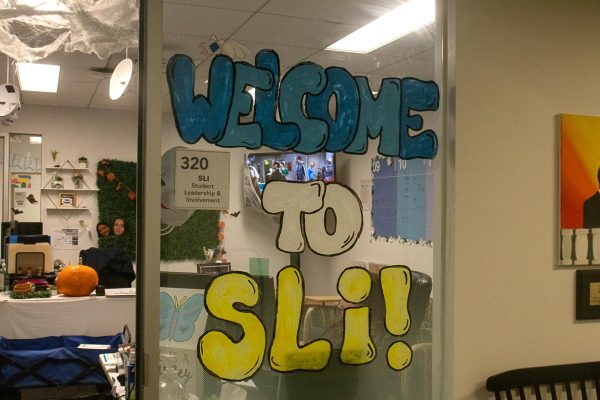
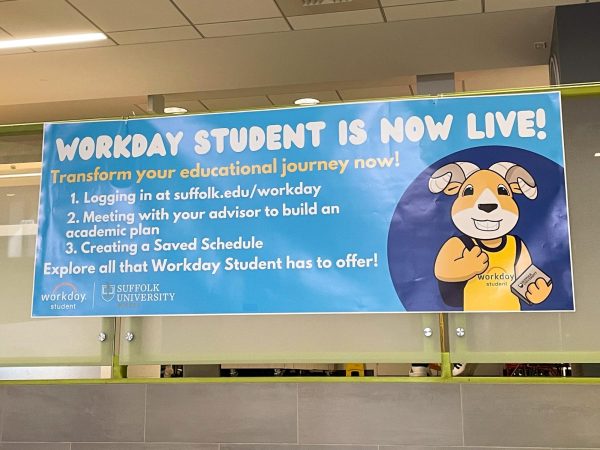
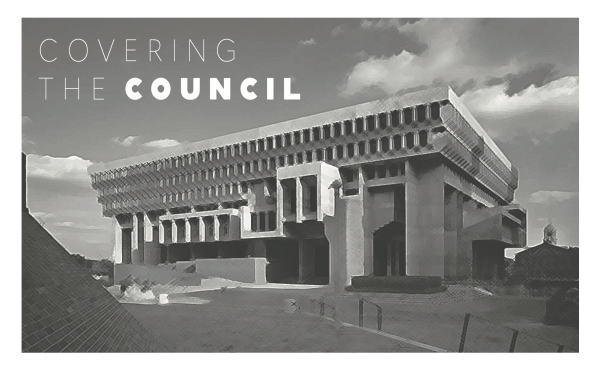
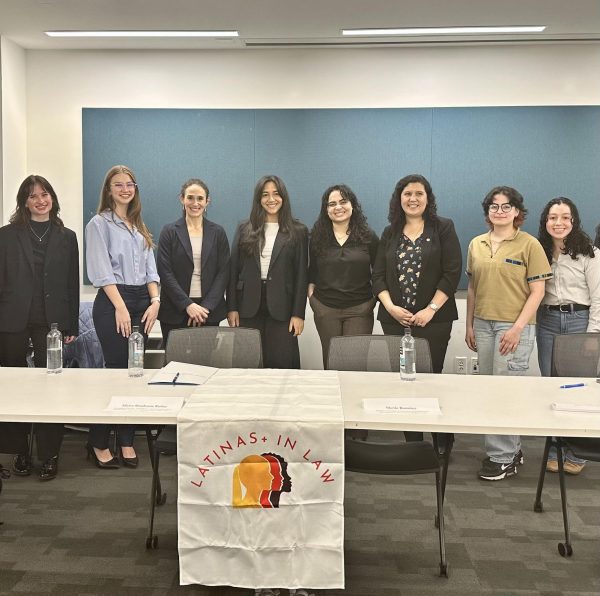
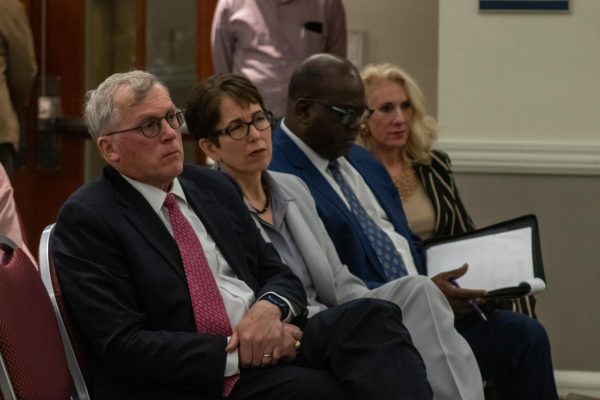

The Suffolk Journal • Nov 8, 2012 at 9:10 pm
[International News] Suffolk international students from Senegal voice perspective on U.S. election http://t.co/BLc4w9mB